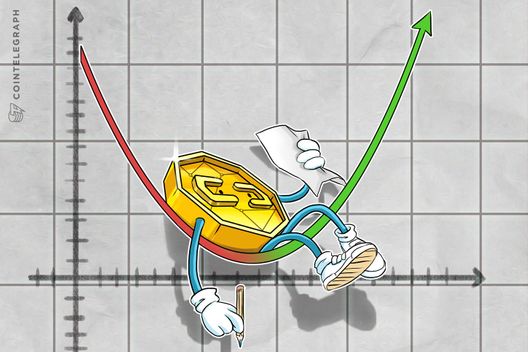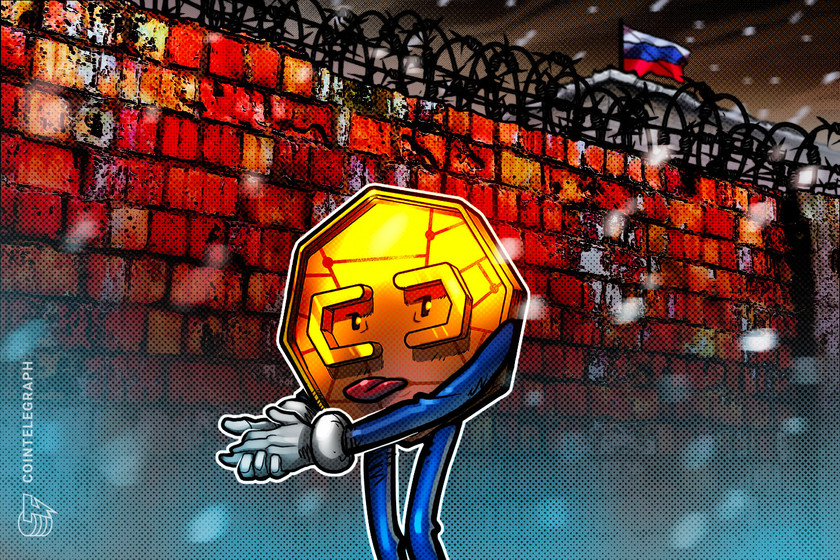COVID-19 shook out retail investors but emboldened BTC whales: Report
As the COVID-19 pandemic began, retail and institutional Bitcoin investors took very different approaches, new research from OKEx Insights and Catallact showed.
The research, which looked at on-chain BTC transaction data from January to the beginning of August 2020, found retail investors largely pulled back and took a wait and see strategy with Bitcoin. Larger, possibly more institutional investors, on the other hand, accumulated BTC. The report does not take into account transactions in the bulk of August and September when prices fell.
Retail transactions, those representing less than one-tenth of a coin, make up the bulk of BTC movement and more closely track price fluctuations. These investors tend to be more easily “‘shaken out’ of the market in times of high volatility and dramatic price declines,” the report noted, which is exactly what the researchers found.

The number of daily small BTC transactions decreased and took a wait-and-see approach once the price of BTC hit $10,000 in May. Source: Catallact
Based on the data, retail transactions “decreased and deviated away from the price’s trend—suggesting that retail investors took a wait-and-see approach as BTC a season-long, post-crash accumulation period” around May.
Medium transactions, attributed to miners and larger retail players, were more cautious at the pandemic’s onset. But it seemed this behavior lasted only until June when activity picked up again.
It’s when the data moves to track transactions over 1,000 BTC that becomes interesting. As BTC approach $10,000, the number of transactions between 1,000 and 5,000 BTC continued to go up since the end of June even as the price began to consolidate.
“This upward trend suggests the possibility that institutions and/or large players got busy accumulating BTC as economic stimulus measures from central banks spurred on the purchase of hard assets. However, because we cannot cleanly differentiate what actual activity took place from the number of transactions alone, this only remains a speculative possibility,” the report noted.
Transactions of 5,000 BTC and upwards also saw spikes from mid-May to mid-July, which led the researchers to two potential conclusions: cryptocurrency exchanges may have been shifting coins in various wallets for different reasons, most likely security, or large institutional investors entered the market and accumulated BTC in anticipation of prices increasing or decreasing. The report noted COVID-19’s impact on global markets might have caused big investors to turn to BTC as a hedge against fiat inflation.

The number of transactions of between 5,000 and 10,000 BTC saw dramatic increases throughout the summer of Bitcoin’s price consolidation. Source: Catallact
OKEx’s report showed the first few months of the pandemic impacted how people moved within the market, particularly as retail investors pulled back to await prices going back to normal again. Large investors, on the other hand, “bought the dip” and began accumulating BTC.
Cointelegraph reported BTC prices are boring and stable right not, but it could hit $16,000 if the resistance level breaks.









